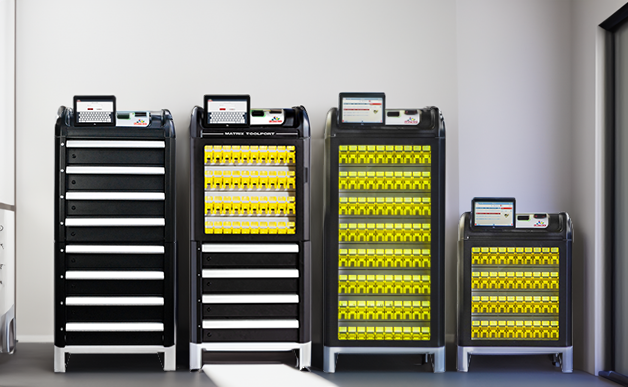
The Rise of Industrial Vending
While industrial vending offers numerous benefits, there are some challenges and considerations organisations should keep in mind:
Initial Investment:
Implementing an industrial vending system requires an upfront investment in vending machines, software, and integration with existing inventory management systems. However, the long-term cost savings typically outweigh this initial expenditure.
Employee Training:
Employees may need training to use the vending machines and understand the new inventory management processes. Effective communication and training programs are essential for a successful transition.
Maintenance and Support:
Like any technology, industrial vending machines require periodic maintenance and support. Organisations should establish maintenance routines and ensure access to technical support when needed.
Industrial vending represents a groundbreaking approach to inventory management, offering organisations the tools they need to optimise resource utilisation, reduce costs, and improve overall operational efficiency. By embracing this technology, businesses can stay competitive in today’s fast-paced industrial landscape while providing their employees with the tools and supplies necessary to excel in their roles. As industrial vending continues to evolve and adapt to various industries, its role in modern inventory management is set to become even more pivotal in the years to come.

